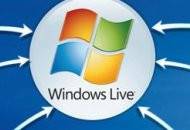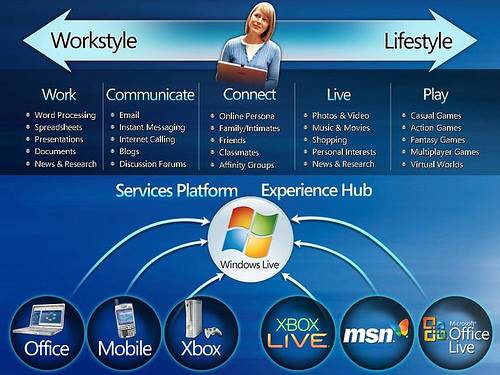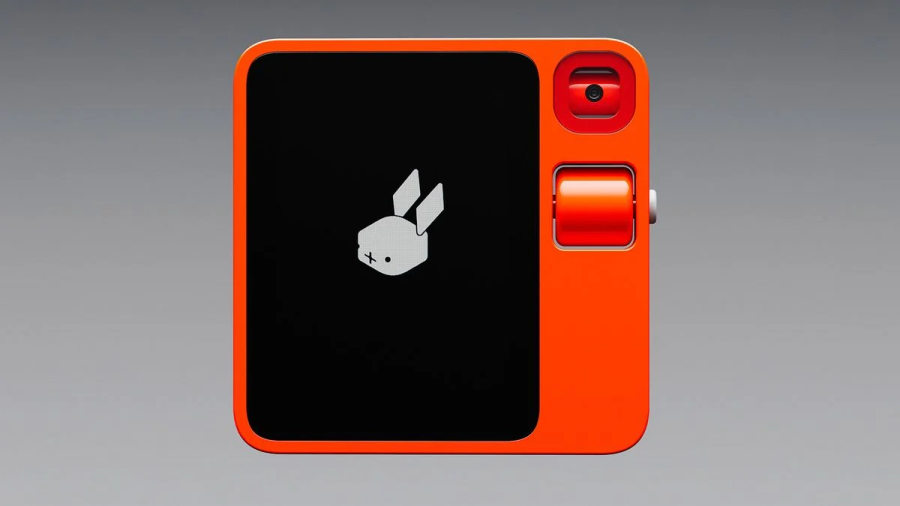The text of Microsoft chief
software architect Ray Ozzie’s speech
at Thursday’s Microsoft Financial Analyst Meeting 2006, makes compelling reading. To me
it sums up why we’ve moved far beyond the Web 2.0 trend and into something much deeper
and richer. Web innovation, which is primarily what my blog explores, is no longer just
about Flickr, del.icio.us, the latest video sharing site, or the latest social network on
the block. Those things have their place – and other blogs cover them well. But the
real action nowadays is where Microsoft, Google and some under-hyped startups are
headed… a world of many devices, all connected and managed by the Web. As Ray
Ozzie put it near the end of his speech, we’ll look back on this time as when “software
and servers and services became enmeshed and intertwined”.

Ozzie recognizes that the Internet is at the center of Microsoft’s vision now. Their
particular Internet platform is called Windows Live and this passage from his speech gets
to the nitty gritty:
“The services offered up by the Windows Live platform are available to Web sites and
also to client applications and also to mobile applications. And this is key to our
strategy. Because it’s our aspiration to create seamless Web, desktop and mobile
experiences for all activities relevant to users and customers in all our markets.
And our model for doing so is to use our Windows Live services platform as an
experience hub, and to use the PC, the browser and mobile devices as different
experience-delivery mechanisms for the value we aspire to deliver.
In other words, Microsoft is using Windows Live as a hub to bring it all
together.”
The Hub Diagram, from Ray Ozzie’s speech

The phrase “experience hub” has gotten a lot of attention these past couple of days,
but the main takeaway is that Windows Live is the platform that Microsoft will use to
base its entire business on over the coming years.
Indeed Ozzie explicitly calls Microsoft “a
platform company” near the end of his speech. Remember, in Gates’ era they were a
software company – although Steve Ballmer has also called Microsoft a media
company in recent times. But a platform company is definitely the best description of
Microsoft now, even though software remains their trump card.
I was also intrigued by Ozzie’s use of the term “optimization” to explain what
essentially has been a central tenet of the Web 2.0 trend. Ozzie said:
“But beyond infrastructure services, what’s most unique and valuable about a very
large-scale services platform is what I’ll refer to as optimization. By optimization I
mean the monitoring and utilization of both collective end-user behavior and individual
behavior to rank content for the user. That ranked content might be the order of
advertisements in a search or e-mail window, or the order of relevant news items or
playlists or video clips or items in a marketplace that are presented to the user.
We see the power of optimization every day in the relevancy of search engines and on
Web sites such as Digg or Reddit and YouTube and Amazon.”
This is Microsoft’s way of saying they’ll aggregate collective intelligence, filter
and rank it, personalize it, yada yada (we’ve heard this song many times before over the
past year or so). But actually I like the term ‘optimization’, because of its software
connotations.
The term ‘seamlessness’ also pops up a lot in Ozzie’s speech, recognizing that there
will be a multitude of devices in this new services world. Note that I personally still
think the Web browser has a big part to play in this world, as it is our lowest
common denominator Internet-connected device (I ranted on that topic in a ZDNet post yesterday).
So in summary, I’m impressed by Ray Ozzie’s vision. I love that Microsoft is spelling
out their vision to the world too – and IMHO lifting the whole ‘Web 2.0’ concept up a
notch. Of course Google is also pursuing the same kind of vision, only they leave it up
to us to figure out what they’re up to. Yahoo, Apple and others like Amazon.com are also
players in this Internet-based services world. Plus a whole host of startups – and I’m
not talking about social bookmarking sites or blog search engines! I’ll be exploring some
of the truly innovative and interesting startups in the coming months on Read/WriteWeb.









